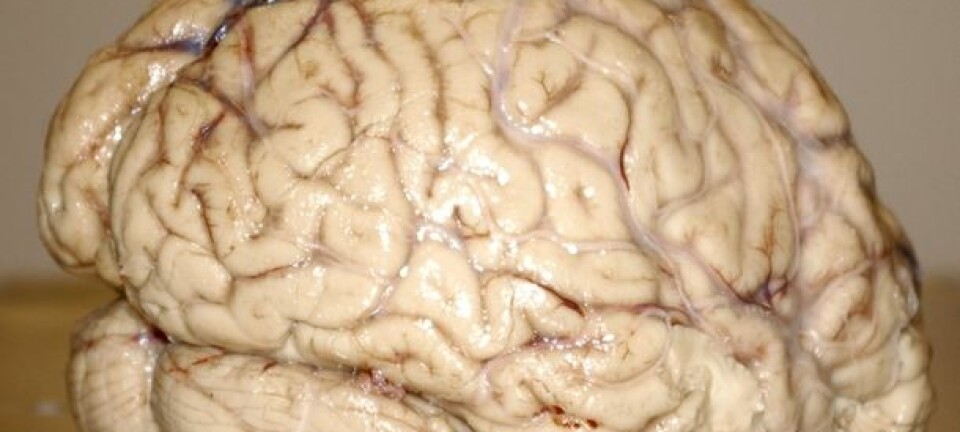
Can cortisol indicate dementia?
High levels of the stress hormone cortisol could indicate memory problems in the elderly, but scientists do not know why.
Developing dementia later in life is a huge source of worry for many people, and scientists are exploring all avenues to understand how and when dementia develops.
New research shows that higher levels of the stress hormone cortisol in saliva may indicate a shrinking hippocampus--the region of the brain associated with memory--and a reduction in grey matter.
"The theory is that cortisol has a toxic effect on the hippocampus area of the brain, which plays an important role in memory," says Lenore Launer in a press release.
Launer is the senior scientist on the study, which is published this week in the journal Neurology, and head of neuroepidemiology section at the National Institute for Aging, USA.
“Understanding these relationships may help us develop strategies to reduce the effects of cortisol on the brain and thinking skills," she says.
High cortisol levels and poor memory skills
Over four thousand people took part in the study, with an average age of 76.
“We measured cortisol in saliva in the morning and evening, and we used MRI to scan the participant’s brains, and look at changes in the volume of grey and white matter,” co-author Vilmundur Gudnason, director of the Icelandic Heart Association Research Institute, told ScienceNordic.
Participants were categorised in groups of high, medium, or low cortisol levels to compare the results of their brain scans according to the amount of cortisol in their saliva.
“We find that high levels of cortisol are not only associated with a smaller hippocampus, but generally these people also have less grey matter,” says Gudnason.
The scientists also saw that those with high levels of the hormone performed poorly in memory and thinking tests when compared to those with lower cortisol levels.
Does elevated cortisol indicate a shrinking brain?
This raises the question as to whether cortisol causes the brain to shrink as we age, or whether a shrinking brain changes how we regulate our cortisol levels, says Gudnason.
According to him, the study cannot yet answer this question, but does bring them a step closer.
“This is the first study into the effect of cortisol on the brain that looks at the whole brain, and in such a large group of people. Most studies only look at the hippocampus, but we developed methodology to extract information on grey and white matter volume as well,” he says.
Understanding the daily changes in cortisol levels in otherwise healthy older people could help them to develop diagnostic tests and treatments for dementia sometime in the future, but Gudnason emphasises that this will be a subject for future research.










